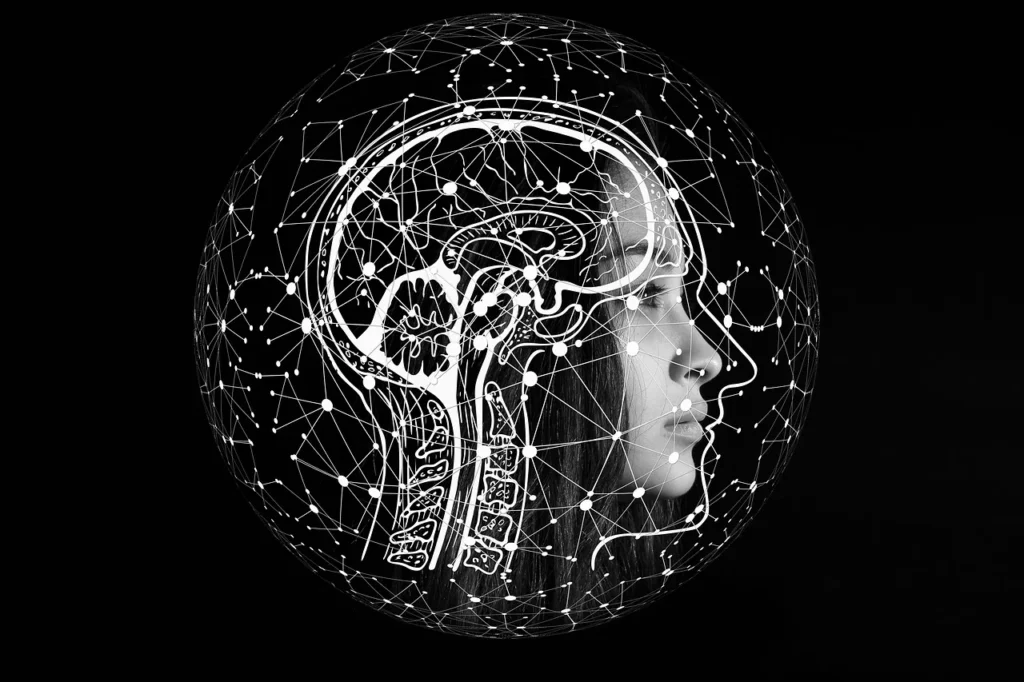Artificial Intelligence (AI) has emerged as one of the most transformative technologies of the 21st century. From revolutionizing industries to influencing daily life, AI is reshaping how we interact with the world. In this article, we’ll delve into the evolution of AI, its current applications, and the future directions it is likely to take. For those interested in deepening their understanding and skills in this field, platforms like Intellipaat Artificial Intelligence offer valuable resources and courses.
The Evolution of AI
AI’s journey began in the mid-20th century, with early pioneers such as Alan Turing and John McCarthy laying the groundwork for what would become a burgeoning field. Turing’s work on computation and the concept of a “universal machine” provided a theoretical foundation, while McCarthy’s 1956 Dartmouth Conference is often cited as the birth of AI as an academic discipline.
The initial excitement was tempered by periods of disillusionment known as “AI winters,” where progress slowed due to limited computational power and overly ambitious expectations. However, the resurgence of interest in the 21st century has been driven by advancements in hardware, increased data availability, and breakthroughs in algorithms.
Current Applications of AI
Today, AI permeates many aspects of our lives. Some key areas include:
- Healthcare: AI algorithms assist in diagnosing diseases, personalizing treatment plans, and managing healthcare resources. For instance, AI-powered imaging tools can detect anomalies in medical scans with high accuracy.
- Finance: In the financial sector, AI is used for fraud detection, algorithmic trading, and personalized financial advice. Machine learning models analyze vast amounts of data to predict market trends and optimize investment strategies.
- Retail: AI enhances customer experiences through personalized recommendations and efficient supply chain management. Retailers use AI to analyze purchasing patterns and tailor their offerings to individual preferences.
- Transportation: Autonomous vehicles and traffic management systems are revolutionizing the transportation industry. AI algorithms process data from sensors and cameras to enable self-driving cars and optimize traffic flow.
- Customer Service: Chatbots and virtual assistants powered by AI handle customer inquiries and provide support. These systems use natural language processing to understand and respond to user questions.
The Future of AI
The future of AI promises even more transformative changes. Here are some trends to watch:
- Ethical AI: As AI systems become more integrated into society, ensuring ethical use is paramount. Discussions around transparency, accountability, and bias mitigation are critical for developing responsible AI solutions.
- General AI: While current AI systems are specialized for specific tasks (narrow AI), the pursuit of General AI, which possesses human-like cognitive abilities, continues to be a topic of research and debate.
- AI and Creativity: AI’s role in creative fields, such as art, music, and literature, is expanding. Tools that generate art or assist in creative processes are challenging traditional notions of creativity and originality.
- AI in Education: Personalized learning experiences powered by AI can cater to individual student needs, potentially transforming educational outcomes and accessibility.
Learning More About AI
For those looking to gain a deeper understanding of AI, including its principles, techniques, and applications, Intellipaat Artificial Intelligence provides a comprehensive platform for learning. Intellipaat offers courses designed to equip learners with the skills needed to excel in the field, from foundational knowledge to advanced topics.
Conclusion
Artificial Intelligence is a rapidly evolving field with far-reaching implications for virtually every industry. Its ability to analyze data, make predictions, and automate processes continues to drive innovation and improve our lives. As we look to the future, ongoing research and development will shape how AI integrates into our world, presenting both opportunities and challenges. For those eager to contribute to this exciting field, resources and courses from platforms like Intellipaat can provide the necessary knowledge and skills to make a meaningful impact.
By understanding the evolution, current applications, and future directions of AI, we can better navigate and harness its potential to shape a more intelligent and connected world.


